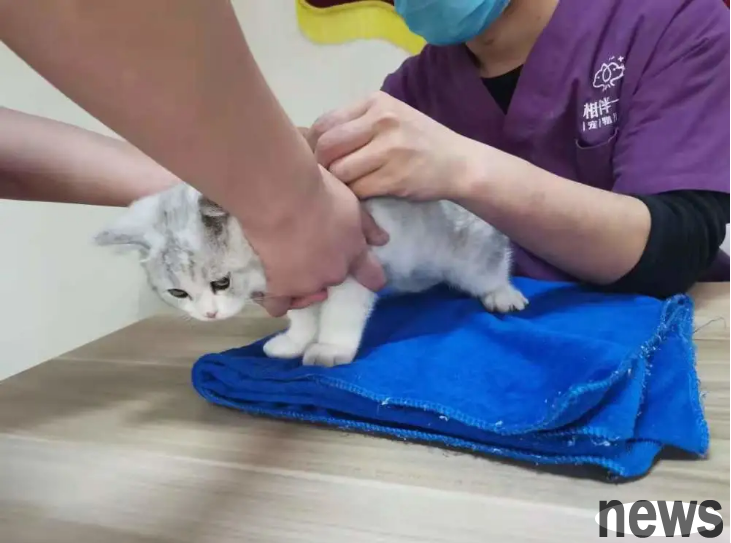At the end of last month, Mr. Sun spent 5,000 yuan from other places to buy a ragdoll cat online through the Ningbo Cute Pet BLOG agency. Unexpectedly, he died 15 days later. For this reason, he demanded full compensation from the seller for the losses. So far, coordination has failed.

There is a saying in the pet market called "week dog", which means that the pet can live up to one week after being bought home. The reason is that before selling, merchants inject sick pets with drugs to make them appear excited and lively. Once the drug wears off, they quickly become sick and die. In addition, many merchants do not issue invoices or provide inspection and quarantine certificates, making it difficult for consumers to protect their rights. In addition, it is also common for pet consumption and medical services to be inflated in price.
my country's pet industry has strong development momentum. The domestic market size will be close to 300 billion yuan in 2020, and it has become a popular area targeted by various funds. However, the development scale of the pet market is in huge contrast with its business services and does not match it.
To regulate the pet consumption market and protect the legitimate rights and interests of consumers, it is urgent to formulate corresponding regulations, industry standards and transaction rules so that pet consumption has laws and regulations to follow.
All localities should establish regulated pet trading markets, including online markets, to implement centralized and unified transactions for pets; at the same time, compulsory vaccination of pets entering the market should be implemented, and vaccination files should be established.
Health and epidemic prevention, market supervision, public security and other departments should strengthen supervision of pet market operators and urge them to provide written vouchers such as invoices, pet ID cards, quarantine certificates, etc. when selling, as evidence for handling consumer disputes in the future.
